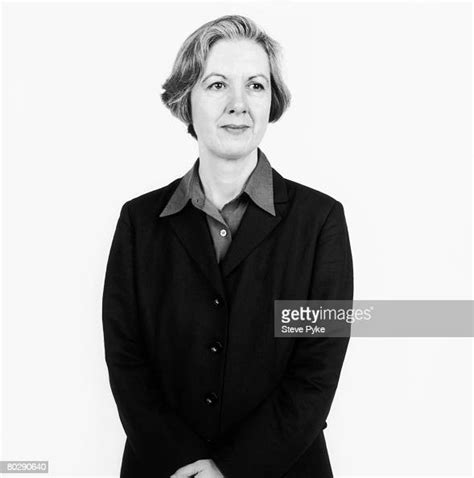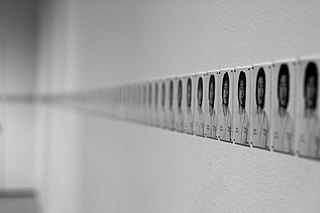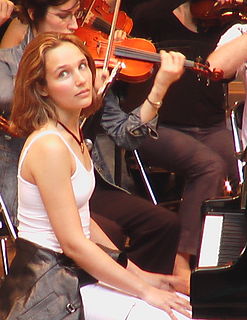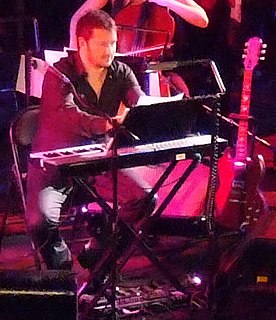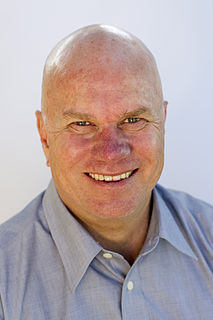A Quote by Harold Pinter
A short piece of work means as much to me as a long piece of work.
Related Quotes
I perform in art time and in real time, and you can't tell the difference - no one knows how to separate a real act from an art act in my work. When I lived on the street for a year, people only knew that I was homeless. They didn't know that I was an artist doing a piece. I have to use real time in my work. I do, however, have to find a subtle way of documenting real time, in order for people to have a response. That means punching into a work clock every hour in the case of one piece.
It's a very organic kind of way that people are discovering it, by word of mouth, which I always think is the best way for things to grow. In terms of the affect it's been having on me, I don't even notice that. It's lovely to be able to talk about a piece of work that you're very proud of, that I think's a complex piece of work and not superficial and has depth to it.
I really like to absorb the project and watch it and work on the music a lot and just get the feel for it until eventually a moment comes where I know I've got it. A lot of it is trial and error. Some days a piece of music doesn't work then other day another piece of music finally says something and works with the picture and suddenly casts a light on all the other stuff you've done - probably because my mind is getting to understand it and the piece is educating me. I always feel like the score is in there already somewhere and I just have to channel it and accent it.
Bringing together disparate personalities to form a team is like a jigsaw puzzle. You have to ask yourself: what is the whole picture here? We want to make sure our players all fit together properly and complement each other, so that we don't have a big piece, a little piece, an oblong piece, and a round piece. If personalities work against each other, as a team you'll find yourselves spinning your wheels.
It seems to me it's perfectly possible to vehemently disagree with a piece of work and to say that it's offensive and insulting and so on and so on. And you're absolutely entitled to do that and to speak back, if you like, against that piece of speech with all the vehemence at your disposal. I mean, that's legitimate. Even other things. People have a right to demonstrate.

